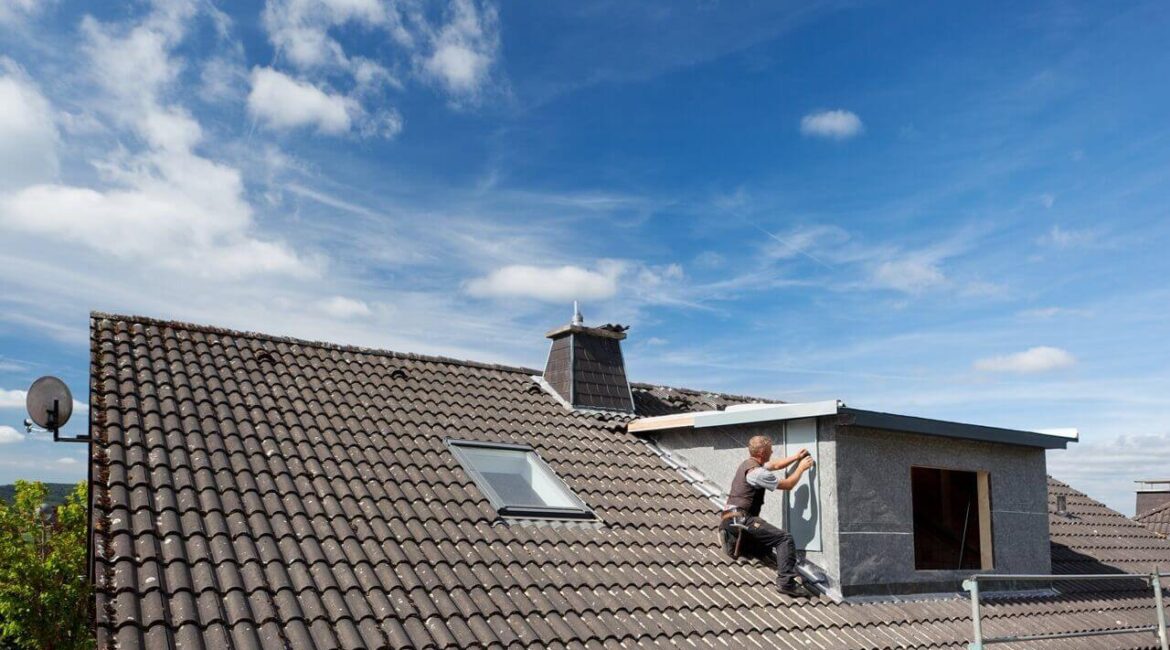A majority of men, who are also proud homeowners are oftentimes attracted to a thought, that if this is their own house than they are handy and skillful enough to fix (destroy) anything that is broken there (or not)… The Do-it-Yourself homeowner approach may work in regard to some of the home repairing activities, but the roofing. A lot of technical nuances (and the height) contribute to the fact, that roofs…
Inspecting your roof at least once a year ensures that the shingles, flashing, and other features are in good shape.
A roof inspection is one of those preventative maintenance jobs that’s easy to overlook. Don’t. Add a once-a-year reminder on your calendar to go out on a warm day and fix any problems you find.

If you’re fearful of the heights, don’t worry. You can do a thorough inspection from the ground using a pair of binoculars.
Or, you can get up close and personal with your roof using a ladder. However, there’s no need to get up on your roof just yet. The less you walk around up there, the better for your roofing — and the safer for you. Work your way around your house, noting any potential problems.
Here’s what to look for:
- Cracked caulk or rust spots on flashing.
- Shingles that are buckling, curling, or falling off…
- Missing or broken shingles.
- Cracked and worn rubber boots around vent pipes.
- Missing or damaged chimney cap. (OK, that’s technically not part of your roof, but since you’re looking anyway.)
- Amassed moss and lichen, which could signal the roof is decaying underneath. Black algae stains are just cosmetic.
If you find piles of colored grit from asphalt roof tiles in the gutters, that’s a bad sign — those sand-like granules cover the surface of roof shingles and shield them from the sun’s damaging ultraviolet rays.
Inspect the age of your roofing and see if it’s nearing the end of its life cycle (which averages 15-20 years)…

